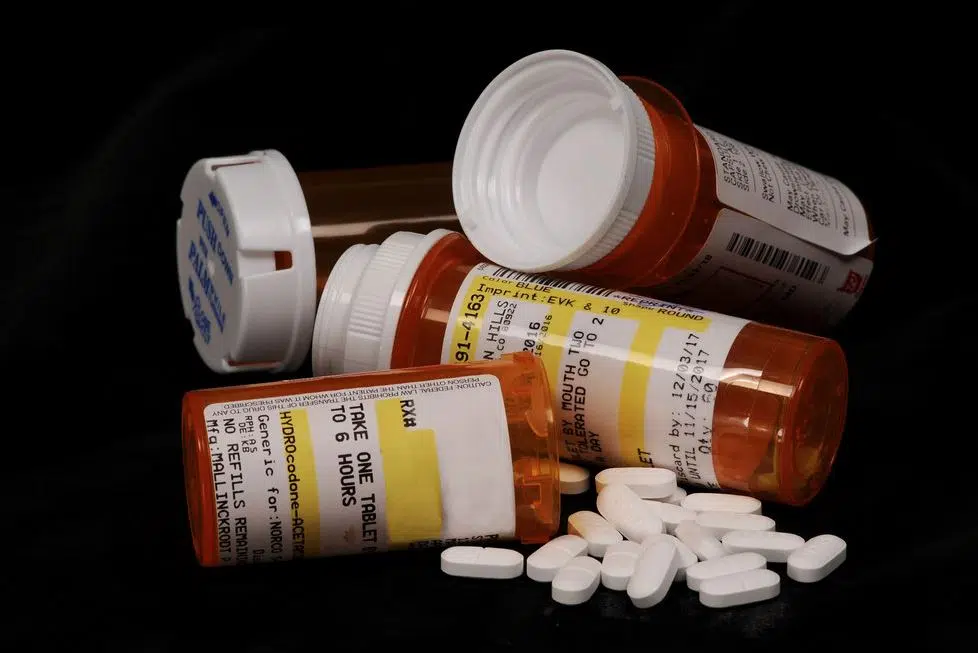
A former B.C. health minister says bold action is needed from government to combat the overdose crisis, which claimed a record 170 lives last month.
Speaking on the NL Morning News, Terry Lake questioned why there were unprecedented steps taken to combat COVID-19, but not B.C.’s other public health emergency.
“Dr. Bonnie Henry has been just an amazing advocate on the respiratory virus, but she’s also been an advocate of decriminalizing possession of small amounts of illicit drugs,” he said. “The government is listening to her very well when it comes to COVID-19 and saving lives there, but not listening to her, to take the bold action that may help mitigate the opioid overdose crisis.”
Speaking at her COVID-19 update on Thursday, Henry says she believes there are ways that B.C. can have ‘de facto decriminalization’ where people don’t face criminal charges for possessing small amount of illicit drugs for their personal use. She notes it could lead to people getting the support they need to understand the issues that led to their drug habit.
“So we’re not talking about the dealers, we’re not talking about the manufacturers, the people who are making money off people who use drugs. What we’re talking about is having alternatives to the criminal justice system for people who use drugs and have small amounts for their own use,” Henry said.
“And I will say that this is an issue for the Minister of Public Safety and the Solicitor General and I know that they have been considering it… it is absolutely a federal Criminal Code act. We do want action at the federal level, and I’ve been calling for that and we’ll continue to answer that call today for action at all levels.”
May 2020 marked three straight months of overdose deaths into the triple digits – 113 in March, 118 in April, and then 170 in May. Following the spike in March, Lake told NL News he was heartbroken to see the number of deaths increase after months of gradual declines and cautious optimism from health officials.
“When I declared the public health emergency in 2016, to open up the overdose prevention sites across the province, to start increasing the safe supply, increasing services – these were very bold actions,” he added. “We were concerned we were breaking the criminal code of Canada, but we just did it.”
Officials also believe the ongoing pandemic could be to blame noting things like access to more income through the Canadian Emergency Relief Benefit, physical distancing requirements, increased levels of stress and anxiety, as well as impacts in access to overdose prevention sites and the drug checking services.
“We lost more people in one month – 170 – to drug overdoses that we’ve lost to COVID-19,” Lake said, noting COVID-19 has so far killed 167 people in the province. “So if we can take bold action to save lives on one hand, why can’t we take bold action to save other lives?”
B.C.’s Chief Coroner, Lisa Lapointe, too say bold steps are needed to address the overdose crisis, adding that a similar approach to what was taken to combat COVID-19 would ‘absolutely save lives’.
– With files from Jeff Andreas

















